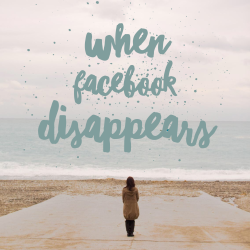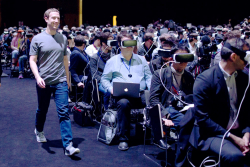
If the owner of a medium won’t take responsibility for it, someone else will. And they won’t have your interests at heart.
What happened at Facebook was easy to predict. It didn’t take a genius to figure out what was going down, just someone willing to follow the clues.
The Web made it possible to separate the delivery of information from its value, and we have been running with it for 20 years. This brought us to the era of the Cloud Czars, companies that invested billions in the infrastructure of information delivery and nothing in the information itself.
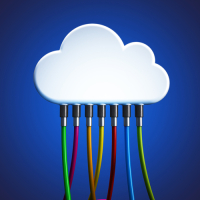
But you can’t collect phone conversations, profiling callers, then manipulating them.
Facebook was the product of a “cyber-libertarian” moment, the attitude that “West Coast Law” would make “East Coast Law” irrelevant. Facebook gave us Peter Thiel and “Bro’ Culture.” This was a 14-year old Ayn Rand fan’s naivete, the idea that we need never protect ourselves from evil. It was ripe to be groomed by Nietzsche-ites.
Facebook was the online equivalent of Paul Ryan, the Randian Republican and “zombie-eyed granny starver” from Wisconsin.
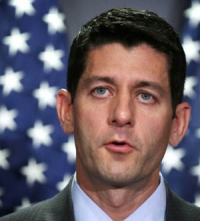
Data is speech, and speech is data. Data is speech condensed into a tool. A tool is also a weapon. Enormous databases, like those created by Facebook, are weapons with tremendous throw weight. This is the lesson of our time.
Google has figured this out. It backed away from Google Plus. It never monetized Google News. It recently “redesigned” Google Finance to render it useless as an analysis tool. It has instead sought to become a products company, using the advantages it derived from the free Android and Chromebook operating systems to compete with Amazon in artificial intelligence.
Why would Google “tap a horde,” going into a market battle where it’s the decided underdog, when it has a virtual monopoly in search, and when 90% of its revenue comes from advertising alongside search results?
Maybe it got a clue.

By its nature Google Subscribe favors incumbents, the same companies that screwed the pooch on the Web in the first place. Worse, right now it limits how much content individuals can buy, by forcing them to buy “subscriptions.” It’s not a newsstand, it’s a collection of blow-in cards. If you want to read a newspaper, you shouldn’t have to buy a subscription, you should be able to buy today’s paper. A Google executive told me that a “day rate” should come, that the first version of the tool was designed to do what publishers said they wanted. Google should tell them what they need instead and direct them toward what the web needs. Publishers be stupid.
What Google is trying to do is precisely what it did, successfully, with e-mail a decade ago. You may remember that when the Web was spun we all rushed out to get our own e-mail addresses. But when e-mail became polluted, with spam and other garbage, Google put spam filters on the front of its free e-mail service.
This worked.

The idea here is similar, only for news content. Google proposes to control the market and let others take the risk of content, acting only as the banker. It is operating as the incumbent publishers who worked with it on this want it to.
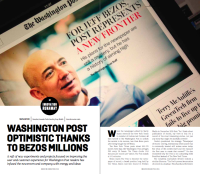
We can see this by looking inside the Google offer. It will push subscriptions to those with a “propensity to subscribe.” It will offer “teaser rates” but we all know these are strictly limited by time. Google is using its data on your behavior to help papers push subscriptions at you.
It’s clear, by now, that you can’t build content supported by Google ads. How many entrepreneurs are going to be able to compete in the era of Google subscriptions? Damned few. And only those who are willing to be tied, hip and thigh, to Google the way they’re now tied to Gmail e-mail addresses. Don’t be evil, indeed. There’s now a barrier to online competition, and that’s now how the Web should work.
But let’s not be cynical. What Google is proposing to do is a first step toward ordering the media liberty the Web offers. Most of what must happen will happen within the market, because the Internet remains a global resource.
Baby steps. Parenting is all about encouraging baby steps.


